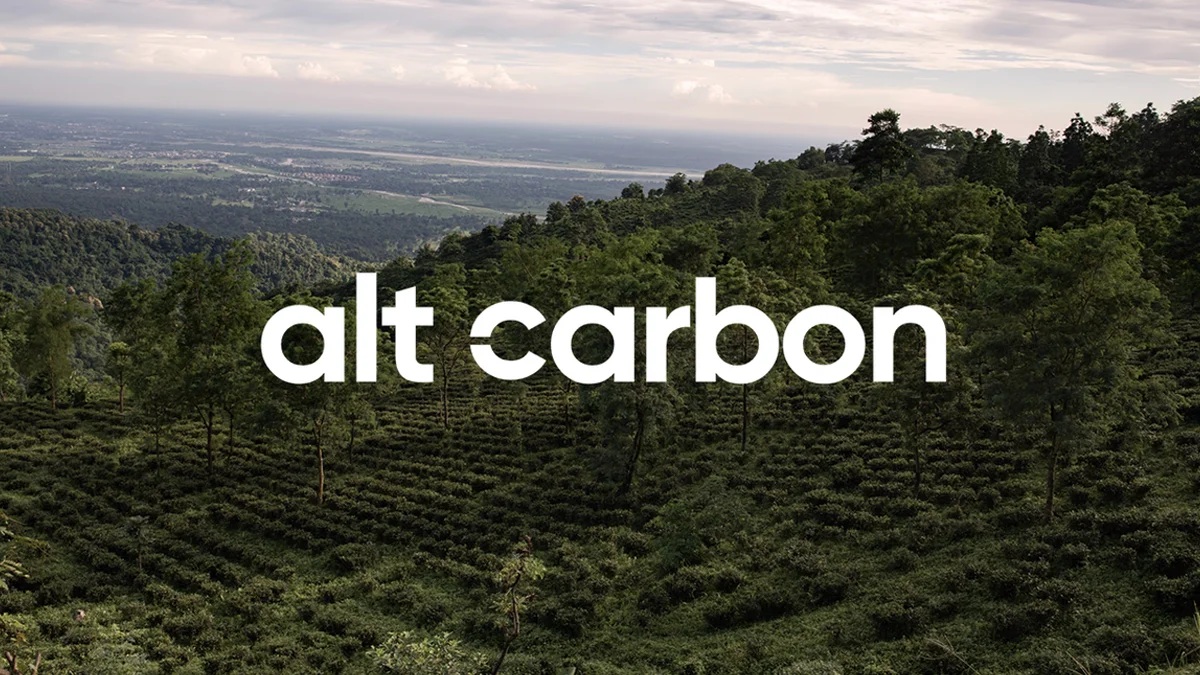Necessary Always Active
Necessary cookies are required to enable the basic features of this site, such as providing secure log-in or adjusting your consent preferences. These cookies do not store any personally identifiable data.
|
||||||
|
||||||
|
||||||
|

Alt Carbon has raised $12 million in a seed round to expand its carbon removal efforts across India. The climate tech startup uses a method called enhanced rock weathering to capture carbon dioxide and store it for thousands of years. According to TechCrunch, the funding round was led by Lachy Groom, co-founder of the robotics AI firm Physical Intelligence. This new investment will help Alt Carbon expand its reach and improve its technology to fight climate change more effectively.
The story of Alt Carbon started in May 2020, Shrey and Sparsh Agarwal started looking into carbon markets as a way to save their family business. During their research, they found out about enhanced rock weathering. This discovery sparked an idea to use the same method to help other farmers while also fighting climate change.
In late 2023, the Agarwal brothers officially launched Alt Carbon. They first tested their idea on about 500 acres of their family tea estate. Seeing positive results, they expanded to more farms in North Bengal, including rice and bamboo farms.
They now aim to grow this effort to 500,000 hectares of land. By 2030, they hope to remove 5 million tons of carbon dioxide from the environment. “Within carbon markets, we realized that a lot of the projects in India, which are more avoidance-based, are of very low quality,” Sparsh said in an interview. “They produce junk credits.”
The company is currently working across several regions in India and plans to scale even further with this funding. This marks a major step forward for Alt Carbon in India and its goal of becoming a key player in carbon capturing projects in India.
The process used by Alt Carbon involves spreading waste basalt rock dust from mining areas in eastern India, especially from the Rajmahal Traps region. This dust, usually a leftover from construction work, reacts with rainwater to capture carbon. When this happens, it creates bicarbonate ions that eventually reach the ocean and turn into calcium carbonate. This locks carbon away for over 10,000 years.
To make this process more appealing to farmers, the company developed a special mix called Hari Maati, which means green soil in Hindi. This mix not only helps capture carbon but also improves soil quality and boosts crop yields.
The startup sells carbon credits for $270 per ton. According to Sparsh, this is much cheaper than other methods like direct air capture, which can cost around $800 per ton. They also believe they can bring their costs down even more within the next three to four years.
Alt Carbon startup funding will also help improve how they measure the success of their work. They use a combination of field tests, water sampling, and computer models to track how much carbon is being captured. Their tools are built to match standards from top carbon removal registries such as Isometric and Puro. earth. They’ve also received approval from major global climate organizations like SBTi, ICVCM, and CORSIA.
The startup currently has labs in both Darjeeling and Bengaluru and employs 25 people, including 8–10 PhD researchers. They plan to grow their labs and build a new hardware studio for better data collection using ground sensors and remote sensing tools. This will help them gather more accurate information faster and at lower costs.
Earlier, Alt Carbon received a $500,000 pre-purchase deal from Frontier, which is backed by companies like Stripe, Meta, Alphabet, Shopify, and McKinsey. They also partnered with a buyer group called NextGen, created by South Pole and Mitsubishi Corporation. Other members of this group include BCG Group, Swiss RE, UBS, and LGT. In addition, they recently signed an agreement with Japan’s MOL Group to deliver 10,000 tons of carbon credits.
Alt Carbon in India is getting ready to deliver its first batch of carbon credits through Isometric within the next month. This marks a big step forward for a company that began as an effort to save a tea estate and has now grown into one of India’s most exciting green tech ventures.